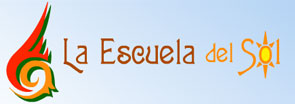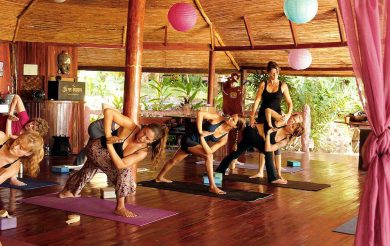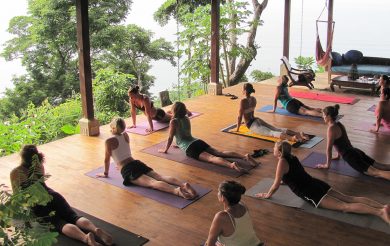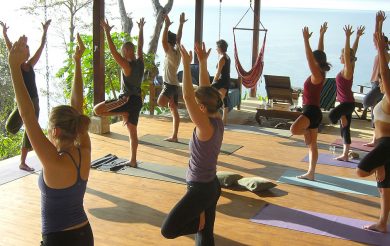- Home
- Accommodation
- Activities
- Area Info
- Maps
- Photo Galleries
- Real Estate
- Travel
Conservation
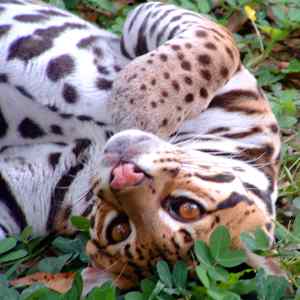
Most of the people who are in Montezuma, including the Costa Rican natives, the ex-pats who have adopted this country as their home, and the tourists who visit, love Costa Rica’s environment. Although not all would call themselves active conservationists, the vast majority support the basic goals of protection for nature, keeping the air, water, and earth clean, reducing toxins in our food, plus equality and justice for our people.
The environmental protection movement takes many forms, from active eco-warriors such as Paul Watson who protects whales and other sea creatures, to organic farmers (a rapidly growing movement in Costa Rica), PRETOMA (sea turtle protection), etc, and these groups and individuals are generally aligned against big corporations that put “shareholder value” above all other things, and so are poisoning our food, corrupting our governments, and spreading misinformation through expert marketing techniques. The vast majority of “food” products on the average shelf have dangerous toxins within them, and this practice has become so commonplace that it’s accepted by the major of people as normal.
Part of Costa Rica’s reputation is based on it being an eco-friendly, green country that prioritizes the health of its citizens, both human and animal, above corporate profits. Costa Rica is indeed making great progress and winning the war against the evil and the ignorant who would consume our planet like a cancer, but some individual battles are still being lost, such as the continuation of shark-finning by local fisherman who sell to Chinese merchants.
Tourists who visit contribute in a very positive way, simply by spending their dollars in Costa Rica. Tourism is the #1 industry in Costa Rica, and the government is very aware that protecting the country’s animals and environment are essential to its goals of increasing tourism. As a tourist, you can help in this effort by supporting Costa Rica’s green business community, such as:
-
1. Visit local Wildlife Sanctuaries and DONATE
2. Stay in Eco-Lodges rather than hotels
3. Organic Food – Support restaurants that use organic ingredients
4. Eat less of all types of meat while you’re here
5. Go local – support local crafts, locally grown food, locally-owned hotels, etc
By now, anyone with half a brain should be very aware that our democracies are heavily corrupted by corrupted by corporate interests, and all major political parties are their stooges. The very best way to assert yourself in a democracy is to VOTE WITH YOUR DOLLARS by supporting individuals and industry who are trying to make the type of world we all deserve to live in. This is the least you can do.
Decades ago, most of this area was clear-cut for cattle farming, and many species of animals were hunted to the brink of extinction. Many have become extinct here, such as spider monkeys, tapirs, sloths, scarlet macaws, and quetzals. In addition, most of the hardwood trees in the area have been logged to the point where many species that exist are now considered “the living dead”, meaning that there are not enough left to reproduce, and they will ultimately go extinct.
Many conservationists moved to this area in recent decades and bought up the land, creating Cabo Blanco park and many other smaller private reforestation projects. These areas are reforestation for the benefit of the animals that live there, not for future logging such as teak plantations, where animals can’t live. Raising cattle has also become more expensive, so many farmers have been letting part or all of their land regrow. The result is that there is much more jungle, and many more animals now than ten years ago. Many Ticos have become conservation minded, and are proud of Costa Rica’s international reputation as a “green” country. So this area is a great success story for conservationists. But the gains of recent decades are now threatened by development.
There are many threats to the area’s wildlife, some of which the general population doesn’t know or understand. These include: too many domestic dogs and cats, cutting of jungle “corridors” that create isolated islands of jungle, illegal hunting, roadkills, pesticide and herbicide use, poaching of birds for pets and orchids for gardens, improper septic tanks and waste disposal, noise pollution, and inbreeding.
Many great organizations are working in the area to save it from ourselves. Through direct action and education, we are trying to insure that the area stays the paradise that we love. Please do your part by educating yourself about what you can do to help on your own property, and donate to or volunteer for any of the organizations listed below.
If you’re interested in green building, green construction, and sustainable development, click here:
Green Building in Costa Rica
Wildlife Organizations

Organization based in Cabuya dedicated to reforestation, animal protection, and reintroduction of endangered species. They currently have opportunities to live, eat, and work on the farm while helping to build a new wild animal recovery and reintroduction center. Over the past years, over 1000 volunteers have worked at Wild Sun (and its predecessor Rainsong), making it one of the most popular volunteer spots in Costa Rica.
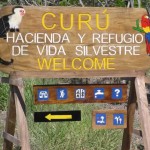
Private wildlife park between Tambor and Paquera with an incredible number of species. Curu has two animal reintroduction programs that are experimenting with returning scarlet macaws and spider monkeys to the area. Curu has long-term volunteer opportunities.
Email Curu 2641-0100
Great Stuff

Clandestina Restaurant
My new favorite restaurant, Clandestina is not to be missed by food lovers staying anywhere near to Montezuma. Established in March 2015, Clandestina is the new kid on the block. The Oregon/Tico collaboration is a winner among locals and travelers alike, with artisan craft beers, made onsite by Butterfly Brewing Co. and delicious, exciting […]

